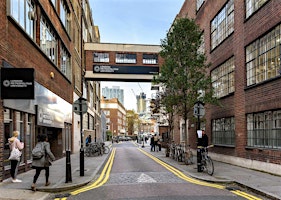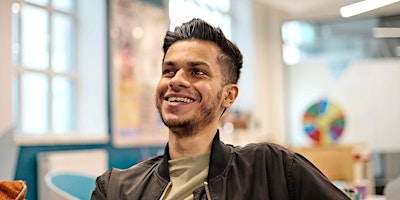Apply for this course
Please select when you would like to start:
Use the apply button to begin your application.
If you require a Student visa and wish to study a postgraduate course on a part-time basis, please read our how to apply information for international students to ensure you have all the details you need about the application process.
Why study this course?
Take the next step towards your career in visual communication with this illustration-focused MA. With an emphasis on experimentation and creative risk-taking, our course will empower you to enter your field with a clear vision and sense of your role as an illustrator in today's world. With opportunities for cross-disciplinary collaboration, work on live briefs and building strong industry connections, you'll also become more flexible and independent in your practice.
Gain professional industry practice
You'll have the opportunity to work on live project briefs with industry partners, such as the public realm improvements scheme with the London Borough of Tower Hamlets and The City of London Corporation
Take your career prospects to the next level
This course will enable you to pursue your ambitions to work as a visual communicator with specific expertise in illustration
Learn how to create a high standard of professional work unique to you
Thanks to an interconnected approach to research and design, you’ll utilise both theory and practice to develop a portfolio of professional-level work that demonstrates your complex problem-solving capabilities, creativity and critical thinking
Course modules
The modules listed below are for the academic year 2024/25 and represent the course modules at this time. Modules and module details (including, but not limited to, location and time) are subject to change over time.
Year modules
Design Project Development
This module currently runs:all year (September start) - Thursday afternoon
all year (September start) - Thursday morning
(core, 40 credits)
This module asks you to apply research methods acquired in DN7024 Research Methods: Success in Design to the development of your Major Project. The module is core for a number of MA Design courses, in order to foster cross- and interdisciplinary working with the advantages of knowledge exchange and innovation finding that such working practices bring.
The conduct of a design development project and process will be rehearsed in the first part of the module though a set project, normally with a ‘live’ client. Through this project, you will receive a brief, research its problems, contexts and opportunities for design interventions and present a persuasive design proposition to the client. You will evidence your developing skills as a designer capable of the sophisticated and evidence-based interrogation of a problematic scenario with all its ambiguities and uncertainties. Through applied research methods and investigatory practice, you will discover, select, test, evaluate and apply design strategies through which your emerging individual approach to the design research and development process will be constructed. If carried out thoroughly, this structured process will enable and result in an effective, convincing, realistic and original design.
Opportunities arising from emerging social, environmental, economic and technological contexts will be sought, and worthwhile and defensible projects leading to an identifiable ‘good’ will be expected. You will be encouraged to engage in both evidence-led process and speculative and discursive enquiry, building a comprehensive knowledge of the current state of the context of your discipline and interests. You will be expected to show good self- and project-management throughout, planning, monitoring and reviewing progress, reframing the project as required when the iterative design process reveals new and unexpected challenges and opportunities.
Project as Professional Practice: Graphic Design
This module currently runs:summer studies - Thursday afternoon
summer studies - Thursday morning
(core, 60 credits)
This module asks you to present a fully developed graphic design proposal using a range of industry standard written and representational formats and techniques, including effectively collated and presented research material, to a public and professional audience. It specifically builds on research and preparatory work carried out in DN7017 Design Research for Practice, and DN7018 Design Project Development, and will address a problem or scenario approved by the course team as worthwhile and leading to successful fulfilment of the course learning outcomes.
The context for your project should be researched in the widest possible sense, and presented with a full set of supporting evidence through which you will test and prove the viability, validity and applicability of your designs, in an evidence-based audit of probable outcomes and relative success.
The module and project will enable you to prove your ability successfully to negotiate highly complex problems and situations, to engage in both speculative and well-grounded evidence-based design processes, and to generate valid, applicable and innovative outcomes. You will communicate your individual approach as a designer, your discipline-specific abilities and your professional attributes in an appropriate and convincing manner, in order to enhance your career opportunities upon graduation.
Read full detailsResearch Methods: Success in Design
This module currently runs:all year (September start) - Monday morning
(core, 40 credits)
This module develops your abilities to identify, evaluate for suitability, synthesise and apply design research methods in support of your practice. It supports the acquisition of a body of research methods and a range of methodological approaches that can be adapted and applied to a wide variety of design challenges, providing the intellectual and technical skills necessary to test and validate design proposition, development and realisation through the collection, appraisal, interrogation and synthesis of bodies of evidence relevant to the design ‘problem’ and its context.
Research tools and methodologies must be carefully selected and applied, and their results appraised for validity in relation to the method and the subject of study, in order to avoid the risk of failure in design and the potentially serious or even dangerous consequences of such failure. You will therefore be introduced to a range of design research methods and asked to consider both their suitability and limitations, including ethical and environmental concerns, for application to research for practice in design.
The study of research methods themselves will be followed by study of exemplars that reveal success and perhaps more interestingly failure in design, seeking to understand the factors in terms of research and development (or their omission) that contributed to that success or failure. The study of these precedents will lead to a greater understanding of the potential but also the potential pitfalls of applied research methods for design, especially when they are applied without proper consideration or caveats as to the scope of their validity or applicability.
The aim is to produce design researchers who not only understand how to research for design, but whose first instinct is always to seek to find the tested and proven evidence base for designing, before embarking upon design development.
The module aims to:
• raise awareness of the beneficial impact of rigorous design research by demonstrating through examples how the quality of the design process and outcomes can be enhanced through the application of valid research methods;
• enable you to critically select and assemble appropriate research methods and methodological approaches into well-constructed design research programmes for application to practice;
• enable the achievement of original findings and proposals through the application of design research methods and methodological approaches to design development and practice;
• strengthen both your ability to work independently as a research active practitioner and your confidence to think and act critically, challenging received ideas and preconceptions.
World Building
This module currently runs:autumn semester - Monday afternoon
(core, 20 credits)
World Building is part of the School’s Visual Communication MA courses, including Graphic Design and Illustration. World Building examines narrative and storytelling techniques in the creative process of world building and applies them to visual communication contexts, such as sequential narrative, editorial illustration, character design, user journey mapping and branding strategies. The module draws on ideas about comparative human experience and fundamentals of story structuring and applies these to a range of design processes and outcomes. This is done through case studies of world building both in literature and human sciences in parallel with examples of how these principles are demonstrated by significant visual practitioners, addressing different approaches to and techniques within the practice of world building. There is an emphasis on the importance of a comparative understanding of ‘worlds’, identities and global communities in relation to visual communication.
By engaging in discussion and analysis, you will study and research world building and the significance of views from outside the traditional canon of visual communication, responding creatively and critically to it. Through this critical reflection you will develop a project proposal to apply world building principles to your own area of practice, adapting and extending world building in its traditional sense, exploring its use as a design approach and problem-solving method.
The module is taught through a combination of lectures and seminars, talks from visiting lecturers and practitioners, studio-based workshops, visits and group activities. The module is assessed by submission of a portfolio of project development work and project outcomes.
This module aims to:
• Give you an understanding of world building techniques in a visual communication context;
• Examine key concepts in world building and storytelling, and explore how they can be applied in design;
• Examine global visual communication cultures and assert their position in the canon of visual communication;
• Equip you to develop innovative ideas and solutions using world building and storytelling techniques;
• Apply your learning to problem solving in considered design contexts and appropriate formats.
Design for Change
This module currently runs:spring semester - Monday afternoon
(alternative core, 20 credits)
Design for Change focuses on the interaction of people with the designed environment and material culture, and the design characteristics that create meaningful relationships and affect thinking and behaviour. The title of the module recognises that a working definition of what a designer does is, fundamentally, to effect change.
People, objects and environments mutually influence each other, the purpose of this module is to create scenarios through which strategies for understanding these dynamics, and testing and refining design that alters and enhances these experiential relationships can be developed.
When change is deliberately intended or accidentally effected on people in any way, the responsibility to act with care, sensitivity and secure knowledge and information and within an ethical framework is clear. Therefore, the projects undertaken in this module will be founded in deep and rich research into the impact of design on users. You will research the numerous ways, obvious, subtle and covert, in which designed artefacts and environments affect human thinking, behaviour, emotions, relationships and wellbeing. You will adopt well-established research methods, and where appropriate, construct or synthesise their own. Data will be evaluated and analysed before becoming the foundation for a design process that will be collaborative and consultative at its core. People, whether they are clients, consumers or members of society in general, do not necessarily have the means to express, understand, safely and ethically design or construct the answer to their needs. The role of the designer is to expertly mediate between all the parties, conflicting objectives, needs and desires at play in any given project and ensure the best possible outcome through all the constraints imposed on the project.
Different projects might seek to allow, enhance or transform thinking, behaviour or experience. Whatever the brief, you will be expected to research, model and test your design development, always seeking to design while holding the interests of the various parties involved in an ethical balance. Innovation is expected, as is the creation of an individual approach to design. This will arise through a personalised application of sector-specific industry standard research methods to the briefs set. The challenge will be to fulfil the task set while expressing creative identity in solutions for complex and sometimes ambiguous situations.
The module aims to:
• enable you to identify and understand the cognitive, sensory, psychological, ethical and social factors that are entailed in relationships with objects and environments;
• engage you with theories about human/ environmental relationships;
• equip you to research and analyse the impact of existing or proposed designs on people and communities;
• provide you with the opportunity to design a collaborative, human-centred design research process;
• test understanding of the issues and abilities in design research in practice and present process and outcomes convincingly.
Material Culture
This module currently runs:autumn semester - Monday afternoon
(alternative core, 20 credits)
Material Culture will examine the world of things as an important area for research as well as a way of conducting research. That is, it will consider how people design as well as use, collect, appropriate and curate material objects in a variety of environments and how they are used to help create identities. It will address why consumers desire certain commodities. At the same time, we will consider Material Culture Studies as a key methodological approach for researching design practice. The module will use objects as primary research tools to consider how we make sense of the physical world and how objects acquire a variety of meanings for their users, often in unintended ways. As such it will draw on a range of disciplinary approaches, which could include ethnography, Marxism, psychoanalysis, actor-network theory, etc. as well as social history. These ideas will be considered in our weekly meetings and you will be asked to bring in an object or image to contribute to the group discussions; these will go towards compiling a personal portfolio of examples for assessment.
A close analysis of objects and images in relation to a range of theories will enable you to develop knowledge and skills as a reflective practitioner. You will be able to take a single object and use it as the basis for a small exhibition and catalogue entry in order to consider the wider context of material culture operates in different environments and how individuals and societies value, use and curate objects in a number of different ways.
You will develop an ability to analyse your own research and writing in a critical manner with the opportunity for interim weekly oral feedback from the tutor and peers in response to objects and images produced for discussion which will eventually comprise assessment item one.
Read full details

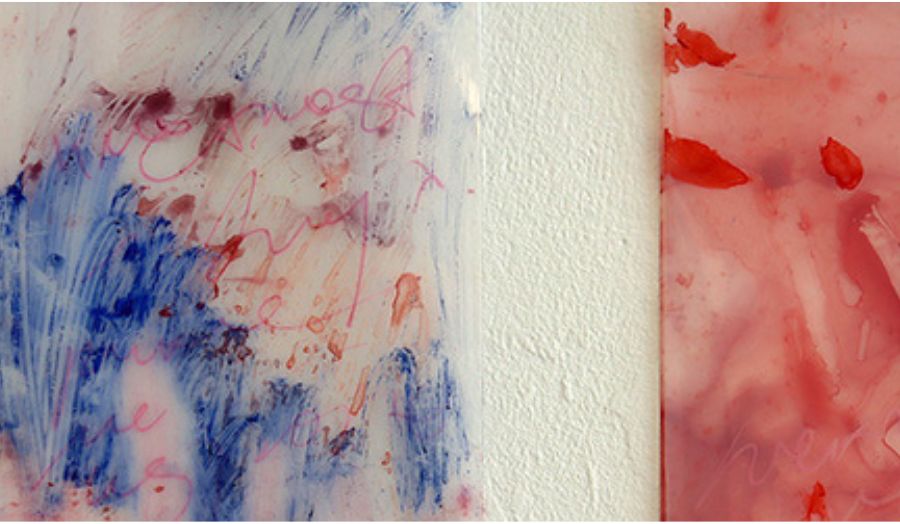
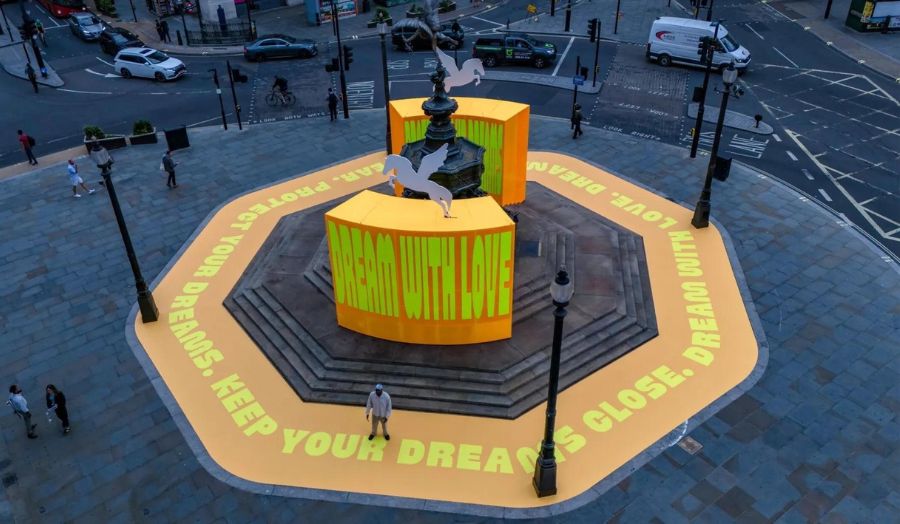
.jpg)
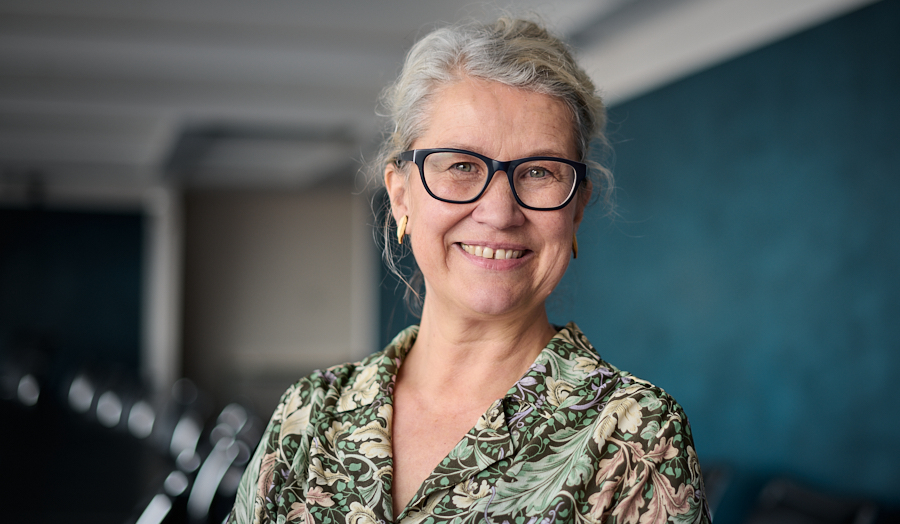




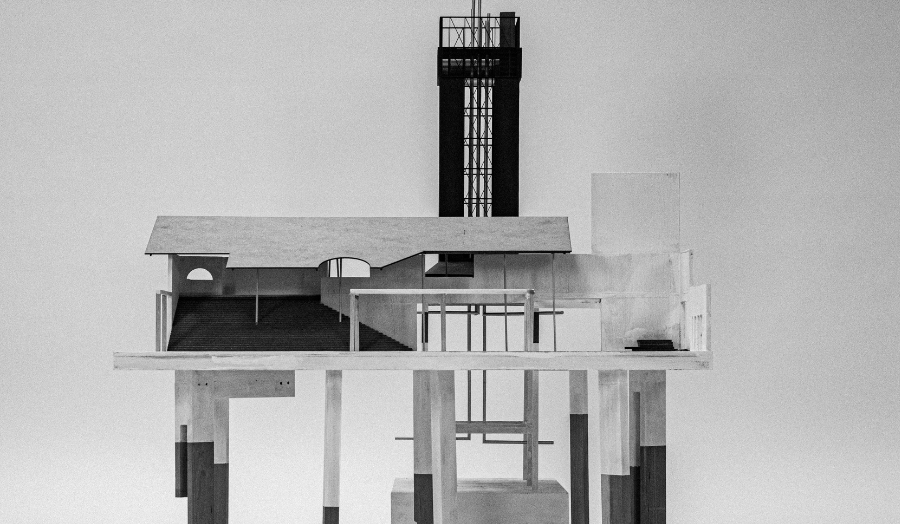

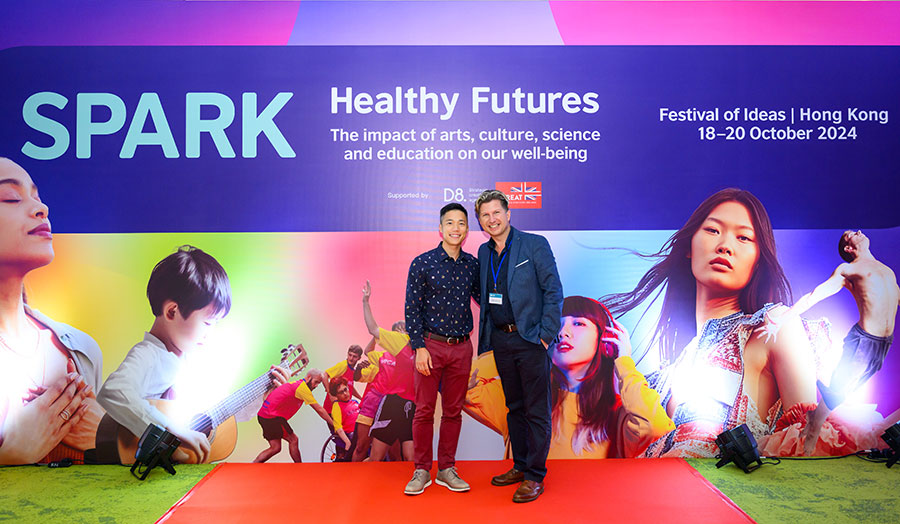
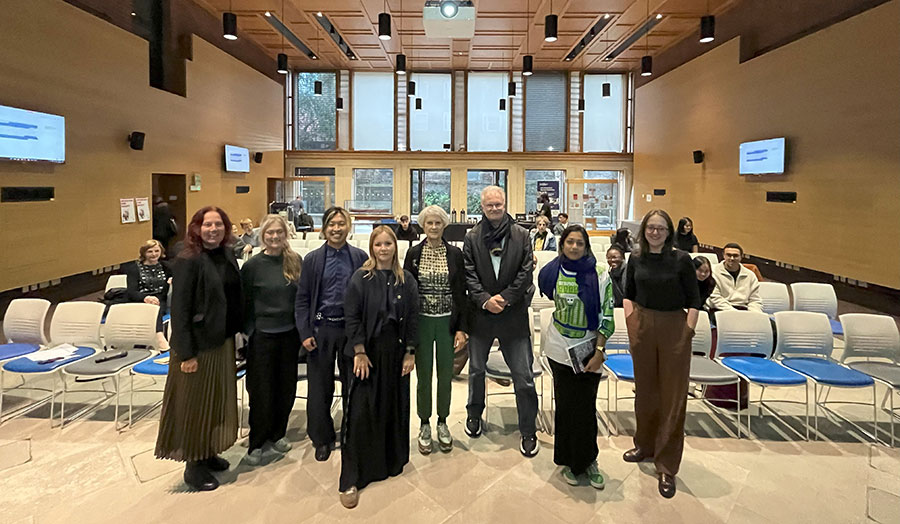
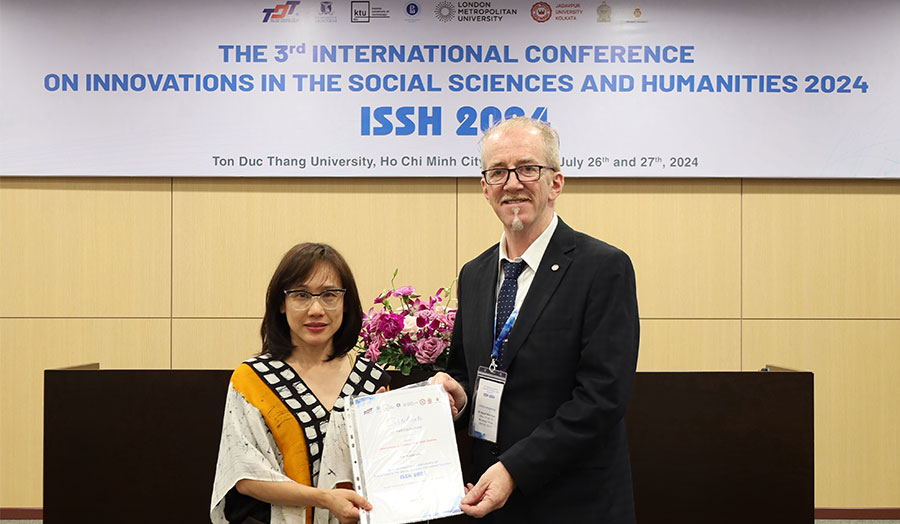
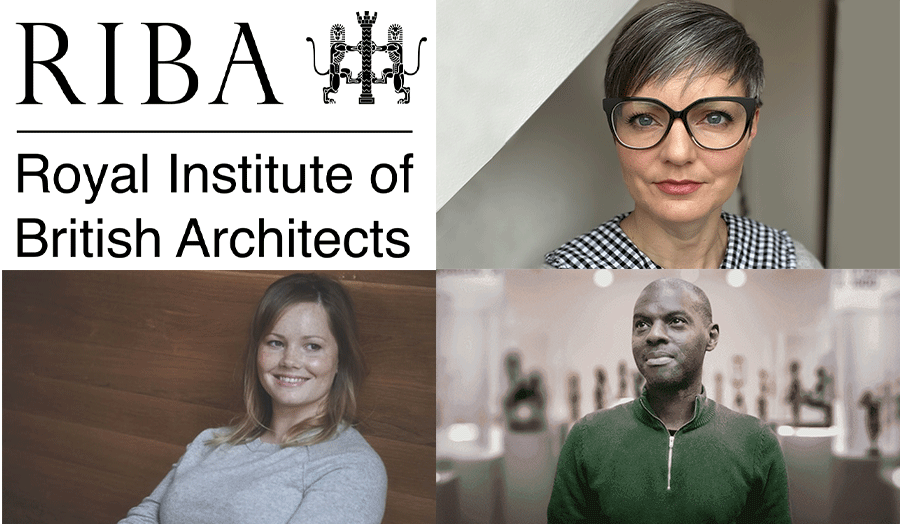
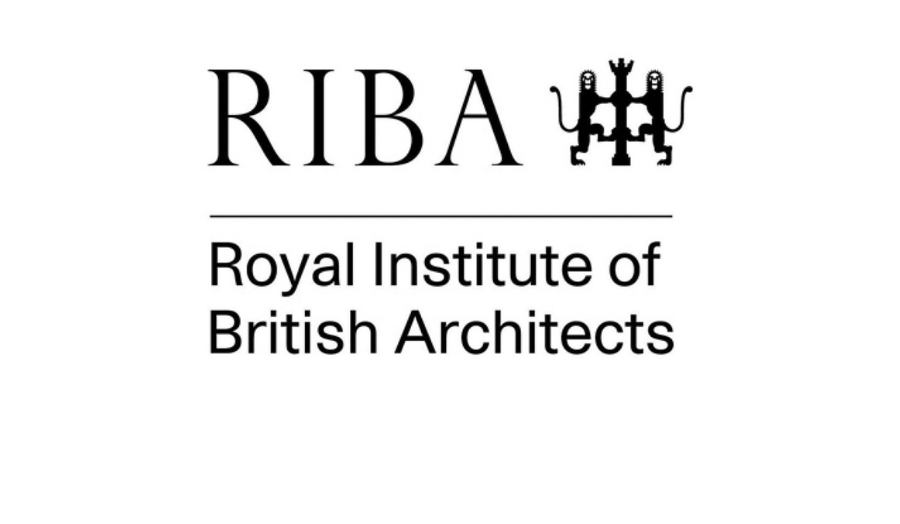
.jpg)
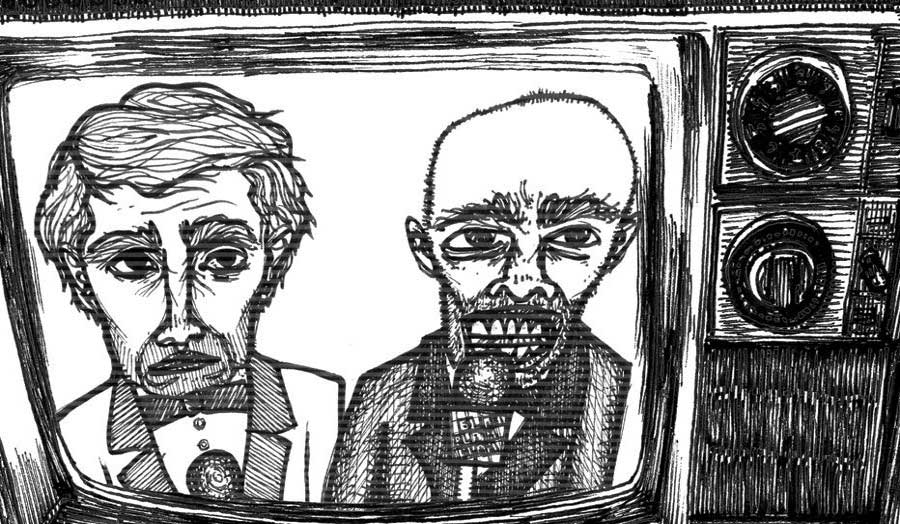
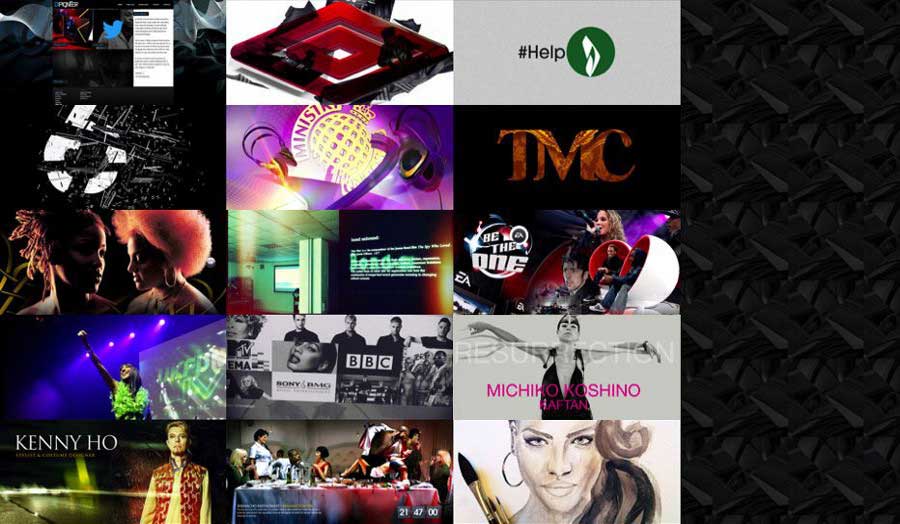
-(1).jpg)
.jpg)
